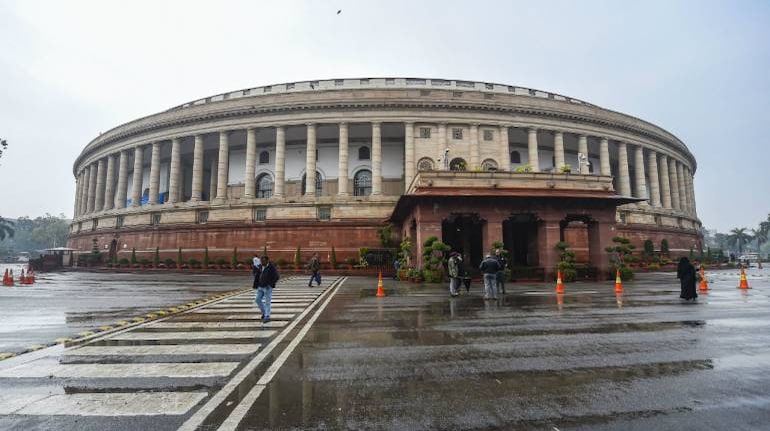



 To buy an iPhone, which promises to be more secure and private, you have to pay a premium. Tim Cook, the chief executive officer of Apple, feels that data hungry companies manipulate users and violate their privacy. According to him, the “data-industrial complex” degrades our “fundamental right to privacy first, and our social fabric by consequence.”The growing awareness and expectation of privacy is great. Several companies including upstarts like Neeva and big old companies like Apple are getting ready to serve the privacy-conscious user better. Overall, it’s great for proponents of privacy.However, these privacy-focused products seem to be only for users who can afford to pay for it. While a large section of internet users — including hundreds of millions of users from countries like India — can not afford these privacy-focused products. The internet, as we speak, is going from a free and open space to a walled garden where anything with a reasonable expectation of quality or privacy comes at an extra cost. The argument to charge for such services is grounded in the fact that everything has a cost to create. And the creators need to be paid. And that’s a completely fair argument. But the unfortunate fallout of the argument is that the internet will soon be divided into services for those who can pay and those who can’t pay. Those who can’t, will be tracked across the web, manipulated, sold to and bombarded with advertisements. The only way to make sure that average users, who do not have the money or will to go the extra mile to ensure reasonable privacy, do not get exploited is to legislate strong data protection laws. However, India’s personal data protection bill has been stalled since 2019. The bill was introduced in the Lok Sabha in December 2019. It was referred to a standing committee which has extended its submission twice already. Last we heard, the standing committee was supposed to submit its report by the budget session of 2021. That deadline has passed too.At a time when millions of Indians are using the internet, not just to entertain themselves, but also to make a living, India can’t afford not to have data protection laws. Companies, especially banks, insurance companies and financial institutions, are hoovering up data at an unprecedented rate. This data will also soon be linked to each other and potentially with Aadhaar and several other databases run by the state and Central governments. The potential for abuse of users and pitfalls of not having strong laws are too big to ignore. Not only does it leave people vulnerable to identity theft and several other internet crimes, but it also lets companies underinvest in security and privacy of its users.
To buy an iPhone, which promises to be more secure and private, you have to pay a premium. Tim Cook, the chief executive officer of Apple, feels that data hungry companies manipulate users and violate their privacy. According to him, the “data-industrial complex” degrades our “fundamental right to privacy first, and our social fabric by consequence.”The growing awareness and expectation of privacy is great. Several companies including upstarts like Neeva and big old companies like Apple are getting ready to serve the privacy-conscious user better. Overall, it’s great for proponents of privacy.However, these privacy-focused products seem to be only for users who can afford to pay for it. While a large section of internet users — including hundreds of millions of users from countries like India — can not afford these privacy-focused products. The internet, as we speak, is going from a free and open space to a walled garden where anything with a reasonable expectation of quality or privacy comes at an extra cost. The argument to charge for such services is grounded in the fact that everything has a cost to create. And the creators need to be paid. And that’s a completely fair argument. But the unfortunate fallout of the argument is that the internet will soon be divided into services for those who can pay and those who can’t pay. Those who can’t, will be tracked across the web, manipulated, sold to and bombarded with advertisements. The only way to make sure that average users, who do not have the money or will to go the extra mile to ensure reasonable privacy, do not get exploited is to legislate strong data protection laws. However, India’s personal data protection bill has been stalled since 2019. The bill was introduced in the Lok Sabha in December 2019. It was referred to a standing committee which has extended its submission twice already. Last we heard, the standing committee was supposed to submit its report by the budget session of 2021. That deadline has passed too.At a time when millions of Indians are using the internet, not just to entertain themselves, but also to make a living, India can’t afford not to have data protection laws. Companies, especially banks, insurance companies and financial institutions, are hoovering up data at an unprecedented rate. This data will also soon be linked to each other and potentially with Aadhaar and several other databases run by the state and Central governments. The potential for abuse of users and pitfalls of not having strong laws are too big to ignore. Not only does it leave people vulnerable to identity theft and several other internet crimes, but it also lets companies underinvest in security and privacy of its users. Discover the latest Business News, Sensex, and Nifty updates. Obtain Personal Finance insights, tax queries, and expert opinions on Moneycontrol or download the Moneycontrol App to stay updated!
Find the best of Al News in one place, specially curated for you every weekend.
Stay on top of the latest tech trends and biggest startup news.